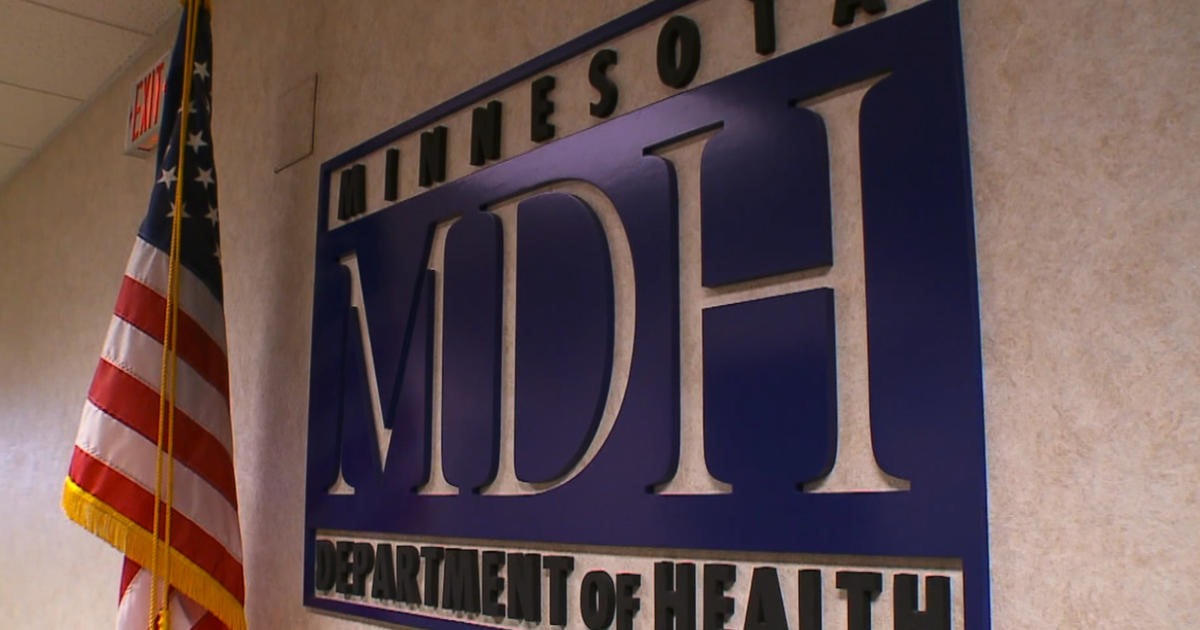Vaccine offers more protection against COVID-19 than natural immunity, CDC study finds
Unvaccinated people who had survived a previous COVID-19 infection were more than five times more likely to be reinfected with the virus compared to those who were fully vaccinated with the Pfizer or Moderna vaccines, according to a new study published by the Centers for Disease Control and Prevention.
The finding comes from data published Friday in the CDC's Morbidity and Mortality Weekly Report, examining records of adults hospitalized with COVID-19 symptoms in the agency's "VISION Network" of hospitals spanning nine states.
The study's authors said their findings showed "vaccine-induced immunity was more protective than infection-induced immunity" among patients who had their first bout of the disease or were vaccinated three to six months earlier.
"We now have additional evidence that reaffirms the importance of COVID-19 vaccines, even if you have had prior infection. This study adds more to the body of knowledge demonstrating the protection of vaccines against severe disease from COVID-19," CDC Director Dr. Rochelle Walensky said in a statement.
Earlier this year, the CDC published data from Kentucky suggesting the unvaccinated were more than two times more likely to be reinfected, compared to those who were fully vaccinated. The study published Friday includes data from after the surge in the fast-spreading Delta variant, which now makes up virtually all U.S. cases of the disease.
The analysis did not include adults who received Johnson & Johnson's COVID-19 vaccine, who are currently recommended to receive a booster shot at least two months after they were first vaccinated.
Protection from Moderna's vaccine "appeared to be higher" than for Pfizer's vaccine, the CDC study's authors noted. The boost in protection from vaccination also "trended higher" among seniors, compared to adults under 65 years old.
Data reported by the CDC through late August suggests around 22% of Americans age 16 and older could have antibodies to the virus from a prior infection. Combined with immunity from the vaccines, the estimate is that nearly 90% have some antibody protection.
The study's scientists noted their findings differed from a recent study in Israel that was released as a preprint and has yet to be peer-reviewed. That study suggested Israelis with "natural immunity" from a previous case of the virus appeared to have "longer lasting and stronger protection" against a reinfection.
Unlike the Israeli study, which examined any positive case, the CDC's new findings focused specifically on records of patients who were hospitalized with COVID-19 symptoms. The Israeli study also focused on the potential of waning immunity from the vaccine, examining only those vaccinated at least six months ago.
The CDC study "focused on the early protection from infection-induced and vaccine-induced immunity, though it is possible that estimates could be affected by time. Understanding infection-induced and vaccine-induced immunity over time is important, particularly for future studies to consider," the authors said.
Beyond encouraging the unvaccinated to get their shots for greater protection, studies examining natural immunity have also been a focus as U.S. health authorities mull potential decisions to expand booster shot recommendations to more adults.
Israeli health officials told the Food and Drug Administration's vaccine advisers earlier this month that they were analyzing data on whether people who had a "breakthrough" infection after receiving at least one dose would need a booster shot.
"We see that they have a very good protection overall, if they have this combination of being recovered and a single dose, similar to what they have if you have a booster," said Dr. Ron Milo of the Weitzman Institute in Israel.



